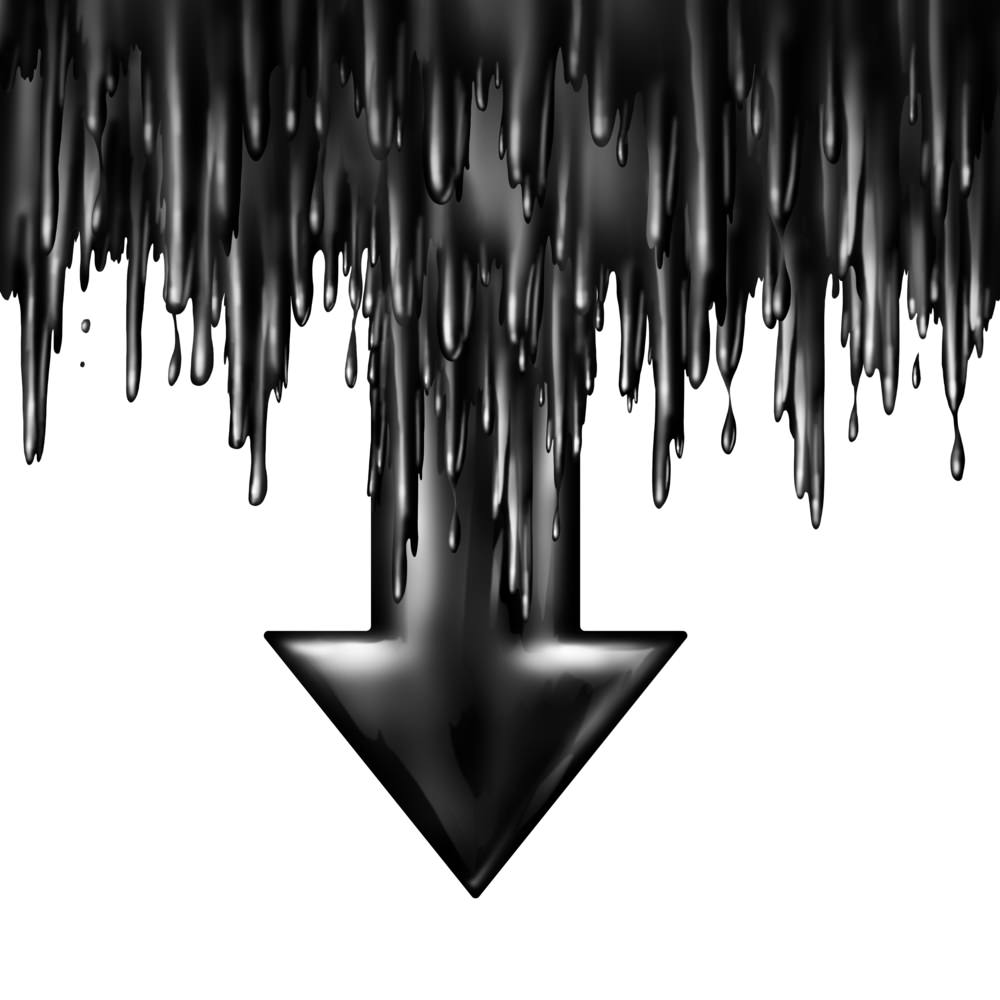Crude oil futures tumbled to their lowest in nearly seven years on Monday after OPEC failed to address a growing supply glut, while a stronger dollar made it more expensive to hold crude positions.
Brent and U.S. crude futures fell as much 6 percent in belated reaction to the Organization of the Petroleum Exporting Countries' (OPEC) policy meeting on Friday which ended without an agreement to lower production.
For the first time in decades, OPEC oil ministers dropped any reference to the group's output ceiling, highlighting disagreement among members about how to accommodate Iranian barrels once Western sanctions are lifted.
"We're in a tug-of-war between a heavily shorted market and a glut of oil in the U.S. and globally, as Saudi Arabia continues to produce oil at elevated levels to maintain market share," said Chris Jarvis at Caprock Risk Management, an energy markets consultancy in Frederick, Maryland.
"Couple this with a strengthening dollar as the market anticipates a U.S. rate hike this month, oil is heading lower with a near term target of $32 for WTI."
U.S. crude's West Texas Intermediate (WTI) futures settled at $37.65 a barrel, down $2.32, or 5.8 percent.
WTI forward contracts out to 2024 dropped to below $60.
Brent crude, the globally traded benchmark, was down $2.30 at $40.71 a barrel, having hit the lowest level since Feb. 24, 2009.
U.S. diesel futures prices also hit their lowest since May 2009 while U.S. gasoline fell to a one-month low as the selloff extended to a wider swathe of the petroleum complex.
The dollar was up against a basket of currencies after jobs data published on Friday bolstered the case for a U.S. rate in December.
OPEC's output of more than 30 million barrels per day (bpd) has compounded an oil glut, pushing production 0.5 million to 2 million bpd beyond demand.
OPEC kingpin Saudi Arabia, the world's biggest oil exporter, thinks unconventional oil producers, including U.S. shale drillers who have fed the glut, will eventually be squeezed out of the market by high production costs and low selling prices.
Saudi Aramco Chief Executive Amin Nasser told a conference in Doha he hoped to see oil prices adjust at the beginning of next year as unconventional supplies start to decline.
Patrick Pouyanne, CEO of French oil company Total, said a 2016 rebound would be premature as production growth would still outstrip demand.
US oil sheds 5.8%, closes at lowest level since Feb. 2009



























Laissez un commentaire Votre adresse courriel ne sera pas publiée.
Veuillez vous connecter afin de laisser un commentaire.
Aucun commentaire trouvé